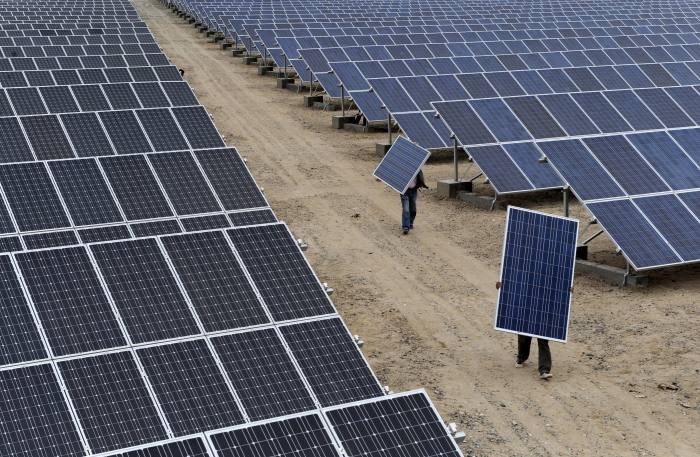
Perhaps reflecting the long, hot and very dry summer we've just had, the main changes to the VT Chelsea Managed funds in the second quarter of the year were to the allocation of renewable energies: with the sun shining and little breeze to speak of, positions in solar energy investment trusts were increased and those in wind reduced.
Generally happy with the positioning of the portfolios, we tinkered at the edges, rather than make any wholesale changes.
Gold was topped up in the VT Chelsea Cautious Managed and Balanced Managed funds, while the global equity holdings in the former were trimmed - Fundsmith Equity, Artemis Global Income and Fidelity Global Dividend were all stellar performers, so it was simply a case of rebalancing their positions.
Very few changes were made to the VT Chelsea Managed Aggressive fund either.
Global and European equity value mandates were topped up when growth strategies rallied once again, and the emerging market weighting was added to during their period of weakness.
The VT Chelsea Managed Income fund saw the most activity.
Nomura Global Dynamic Bond was a new addition. It offers a yield of around 4 per cent, is very short duration (average of 3.78 years, according to the fund fact sheet to 31 May 2018) and is defensive in nature. Its manager, Richard Hodges (previously of L&G), whom I've known for many years, has a very good record of doing well in falling markets.
It's a mixture of sovereign, supranational and corporate debt and also holds convertibles. Holdings are from all over the world, including emerging markets.
Premier Global Infrastructure Income was another new addition and offers a yield of 5.5 per cent.
The fund's geographical diversification is good and holdings are truly global, from the US to Latin America, China to the Middle East. Likewise the sector spread includes renewable energy, water and waste, electricity, ports and toll roads.
Managed by James Smith and Claire Long, it used to be called the Premier Global Utilities Income fund, and it still has a significant weighting to the sector.
Utilities had been hurt in the previous nine months or so, as bond yields rose. The fund, which has holdings such as Chinese renewables companies, was also hit by weakness in emerging market currencies.
However, we thought the adjustments were too extreme, especially as the fund's make-up means it is less geared towards the economic cycle, so a position was established at attractive valuation levels.
To make room for both, the holdings in income-producing absolute return funds were cut.
The second half of the year promises more of the same: trade war shenanigans, Brexit worries and central bank policy continuing to converge - quantitative tightening looks like the direction of play for the US, UK, Europe and even Japan to a lesser extent.
Firmly entrenched in the late stages of the economic cycle and heading into an unknown future of 'unwinding', caution seems to be a sensible stance to take.





